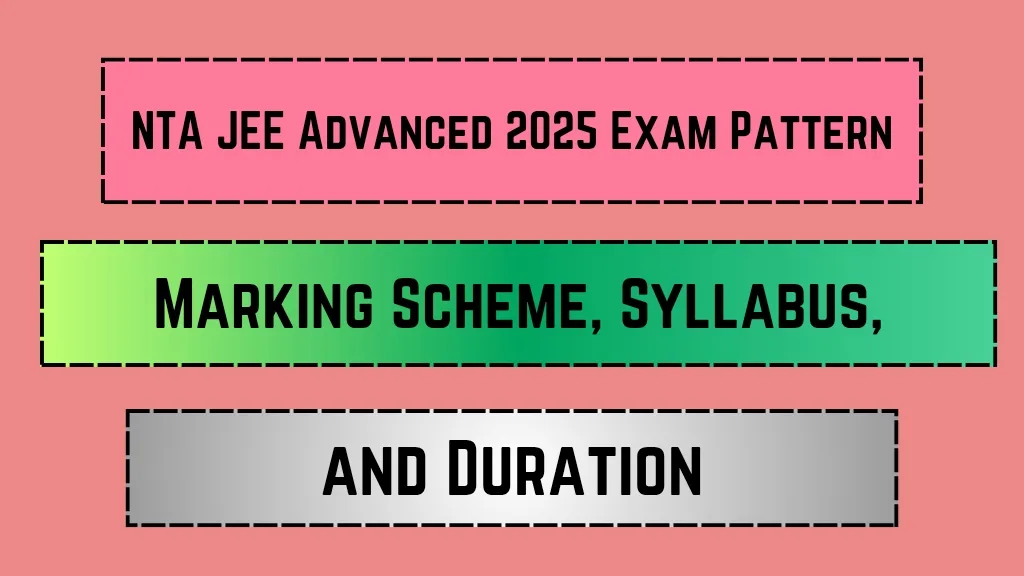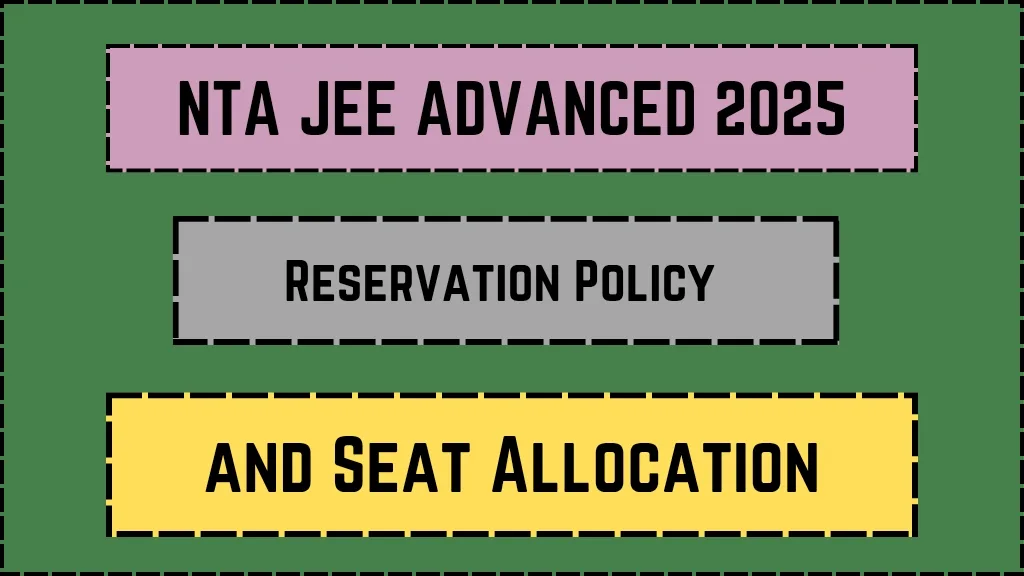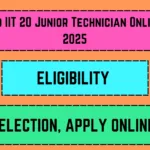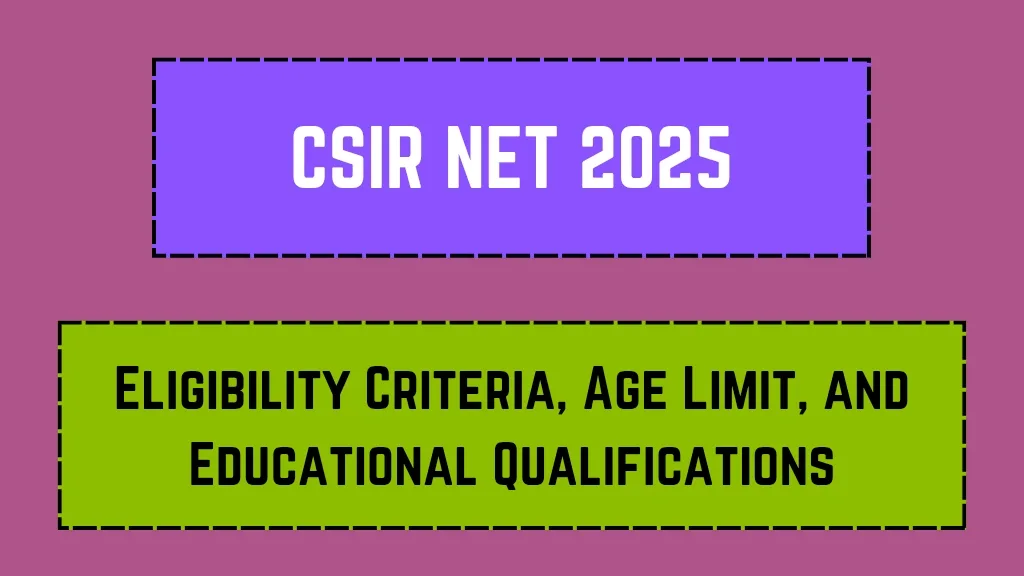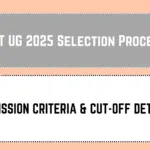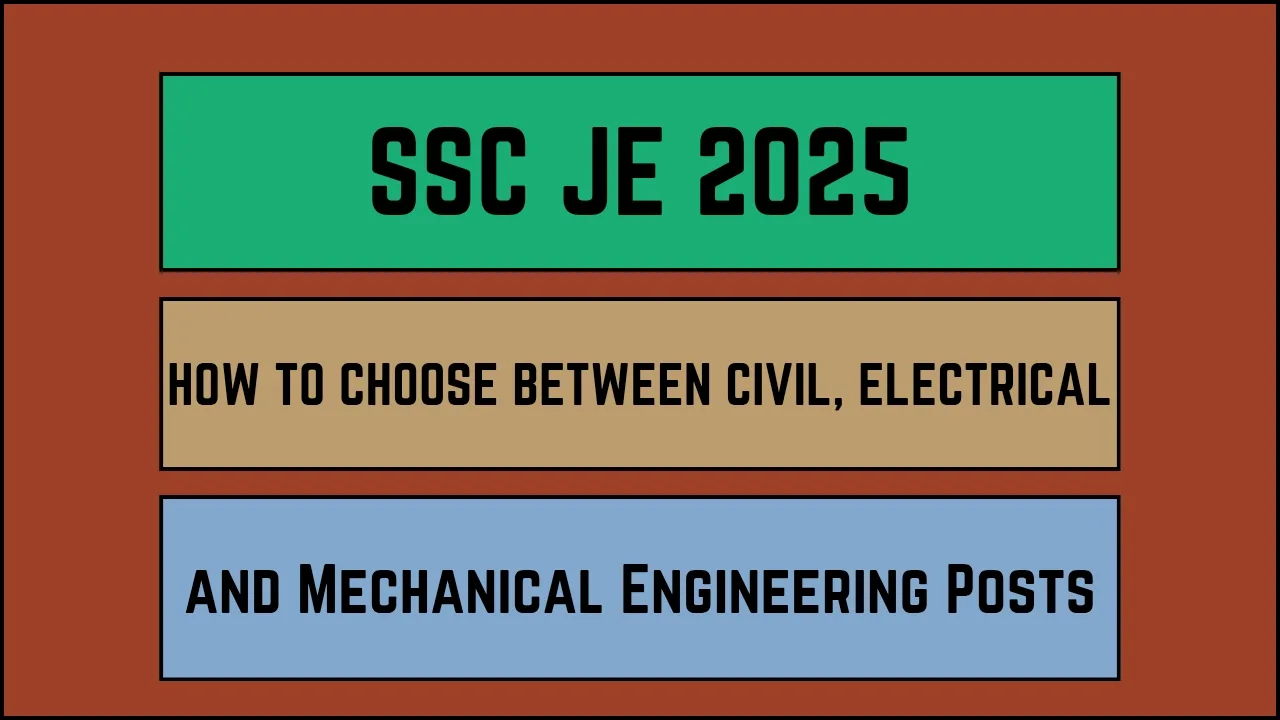The JEE Advanced 2025 exam is the ultimate gateway for admission into prestigious IITs and other top engineering institutes in India. Every year, over 2.5 lakh students compete for just 16,000 seats, making it one of the toughest exams in the world. If you’re aiming for IIT, understanding the exam pattern, marking scheme, syllabus, and duration is crucial. This guide breaks down everything you need to know—without the fluff—so you can strategize effectively. Let’s dive in!
Key Highlights 🔍
| Detail | Information |
|---|---|
| Organizing Body | NTA (National Testing Agency) |
| Exam Mode | Computer-Based Test (CBT) |
| Total Papers | 2 (Paper 1 & Paper 2) |
| Duration per Paper | 3 hours each |
| Subjects Covered | Physics, Chemistry, Mathematics |
| Question Types | MCQs, Numerical Answer Type (NAT), Paragraph-Based |
| Negative Marking | Yes (Partial in some sections) |
| Official Website | jeemain.nta.ac.in |
Exam Pattern & Marking Scheme 📊
The JEE Advanced 2025 follows a two-paper format, each designed to test analytical and problem-solving skills. Here’s the breakdown:
Paper Structure
| Feature | Paper 1 | Paper 2 |
|---|---|---|
| Duration | 3 hours | 3 hours |
| Total Questions | 54-60 | 54-60 |
| Sections | 3 (Physics, Chemistry, Maths) | Same as Paper 1 |
| Marking Scheme | +4 for correct, -1/0 for wrong (varies) | Similar to Paper 1 |
Question Types
- MCQs (Single Correct) – Standard multiple-choice questions.
- MCQs (Multiple Correct) – More than one option may be right.
- Numerical Answer Type (NAT) – No options, enter a number.
- Paragraph-Based – Questions linked to a common passage.
Pro Tip: “JEE Advanced rewards precision—blind guessing can backfire. Focus on accuracy over attempts.” – Rahul Joshi, IIT Bombay Alumnus & JEE Mentor
Syllabus Breakdown 📚
The syllabus is vast but predictable. Here’s a subject-wise summary:
Physics ⚡
| Key Topics | Weightage (%) |
|---|---|
| Mechanics | 30-35% |
| Electrodynamics | 20-25% |
| Optics & Modern Physics | 15-20% |
| Thermodynamics | 10-12% |
Chemistry 🧪
| Key Topics | Weightage (%) |
|---|---|
| Physical Chemistry | 35-40% |
| Organic Chemistry | 30-35% |
| Inorganic Chemistry | 20-25% |
Mathematics ➗
| Key Topics | Weightage (%) |
|---|---|
| Algebra | 30-35% |
| Calculus | 25-30% |
| Coordinate Geometry | 15-20% |
Did You Know? In 2024, nearly 40% of questions in Physics were from Mechanics—making it the most crucial topic.
Duration & Time Management ⏳
Since each paper is 3 hours long, smart time allocation is key. Here’s a suggested strategy:
| Section | Time Allocated |
|---|---|
| Physics | 60 minutes |
| Chemistry | 60 minutes |
| Mathematics | 60 minutes |
Real-Life Example: Akshay, an IIT Delhi topper, swears by the “30-30-30 rule”—30 minutes per subject, then revisiting tough questions.
Changes in 2025 (Expected) 🔄
While the NTA hasn’t confirmed major changes, trends suggest:
- Increased NAT questions (fewer MCQs).
- More application-based problems (less rote learning).
- Possible introduction of case-study questions (similar to NEET).
Expert Insight: “JEE Advanced is evolving—students must adapt to deeper conceptual understanding.” – Dr. Priya Sharma, Education Analyst
Final Prep Tips 🎯
- Mock Tests – Take at least 10 full-length tests before D-day.
- Focus on Weak Areas – Don’t ignore topics you dislike.
- Revise Formulas – Keep a quick-revision sheet handy.
- Stay Calm – Panic ruins more exams than tough questions.
Remember: The difference between qualifying and topping JEE Advanced lies in strategy, not just hard work.
Neha Patel is a career guidance writer specializing in exam results and admit cards. With a Master’s in Human Resources and 8+ years of experience, Neha loves helping students navigate their academic journeys. She enjoys practicing yoga.

